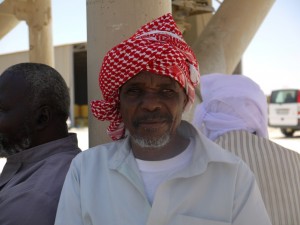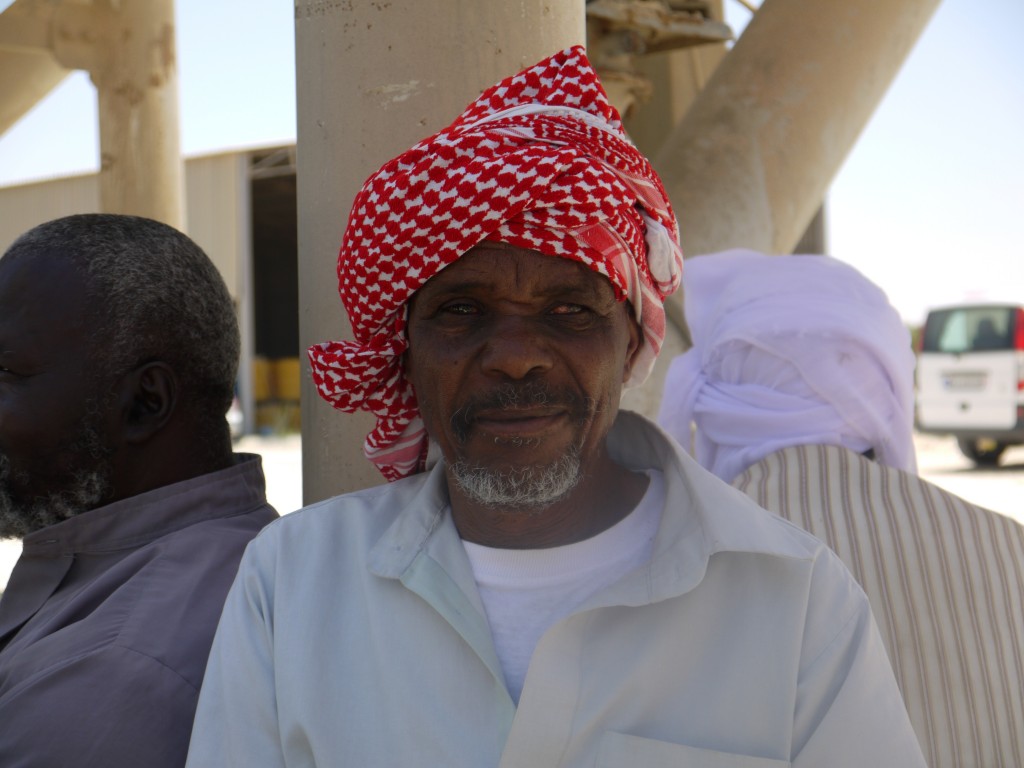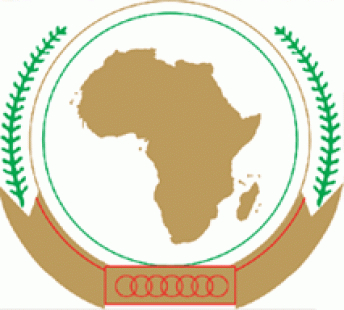By Beata Oleksy

Benghazi, 28 January 2013:
Sitting on a shabby bench, an 84 year-old Tawerghan worries about his land that he fled . . .[restrict]over a year ago. It was during the night that soldiers told them to escape, as shelling of the city become too heavy. He thought it would be only for few days. Now, he doubts if he will ever see his homeland again.
Nearly two years after end of the revolution, Tawergha’s 35,000 inhabitants continue to be displaced. Some rent apartments, others live with relatives around the country, but thousands have sought refuge in the Internally Displaced Persons (IDPs) camps located in the suburbs of Tripoli, Benghazi and Tarhuna. From there they have no clear vision of their future.
Tawergha was Muammar Qaddafi’s military base during the two-month siege of Misrata, which left nearly a thousand dead. According to the International Commission of Inquiry, established by the UN Human Rights Council on Libya, war crimes were committed by the Qaddafi forces during the hostilities. Tawerghans had been accused of being party to these crimes, including rapes and the killing of the civilians.
The Commission, as well as various human rights organisations, have maintained that Tawerghans have been killed, arrested arbitrary and tortured across the country. They conclude that these may constitute crimes against humanity, given that they were widespread and systematic. The case is being currently under investigation of the International Criminal Court (ICC).
In the meantime, displaced Tawerghans are demanding the release of jailed relatives held without due legal process. They are also urging the authorities to allow people who are not charged with any criminal offences, to return to their homes in Tawergha, under the protection of the Libyan army.
However, Law 38 passed last year by the NTC gives impunity for any actions performed in the name of the revolution. It has been much criticised by human rights groups, including Lawyers for Justice in Libya,
Hassan Amin, member of the General National Congress from Misrata, said that it is very unfortunate. “Even if we pass a law which allows the IDPs to return, the state cannot guarantee their safety”. He added that security is a concern for the whole country and until the justice system is improved and all prisons taken over from militiamen, there would be very little chance for improvement.
An administrator of a camp in Benghazi introduces a young man. His brother was captured by the rebels and the young man was an eye-witness to his execution. “My brother worked for the army a long time ago, as did thousands others across the country, but he did nothing wrong” the young men said sadly.
According to the IDPs, majority of Tawergha’s inhabitants escaped advancing revolutionary’s forces before they entered the town. Fathi, 42 years old, remembered: “It was a hell. Bombs, shelling and screams of people everywhere”. During a NATO’s strike he lost one of his brothers.
Fathi and his family, together with thousands Tawerghans fled the city and left all their belongings behind. The exodus headed out to Hisha, the nearest village, where many stayed for a few days. It was a small place and soon people separated and went in different directions. Fathi chose to head for Sirte.
Once they reached the city, they were stopped by Qaddafi’s troops securing an entry point. “Tawerghans are not allowed to go inside” Fathi was told. Then it turned out that the officer in charge had known Fathi’s brother, killed during the NATO’ strike and so gave a permission for them to enter. However Fathi saw many other blacked-skinned families who were turned away from the checkpoint.
Fathi and his family left Sirte just before the rebels entered the city. His younger brother attempted to return to Tawergha. He was arrested on the way and brought to Misrata. After some days he called the family. It was the last time Fathi heard from him.
According to UNHCR approximately 10,000 IDPs currently inhabit nine camps in Benghazi. Initially, they strongly rejected any integration programmes, including education for their children. But now they understand that it may be very long time before they will be able to return home.
Mohamed’s two sons were taken from the IDP camp in Benghazi in October 2011. “An armed group come here. They had a list of names and arrested 12 men, including my boys”. They were still in a prison, though Mohamed said he is able to visit them.
He had arrived in Benghazi along with his family from Jufra. They walked in a large group, for over 70 km. “We lost many people on the way who were too weak to make it” he explained, “Finally rebels from Ajdabia assisted us to Benghazi” he explained.
So what is next for the Tawerghans ? A special committee has been established by the GNC to meet the IDPs’ daily needs and work out a lasting solution. Yet the issue has not yet made it to a full GNC debate.
Mare Rhil, head of the committee from Benghazi, who also represents Tawergha community at the GNC, said that they are trying to solve urgent matters, such as the payment of salaries for those displaced individuals who were working in public administration or state-owned companies, the legal status of some or rent IDPs and grants for refugees who are staying in apartments.
The committee has also drafted a ‘road map’ which foresees the establishment of a special tribunal for alleged Tawergha’s crimes against Misrata. Rhil underlines however that “the prosecution office should receive official complaints against individuals or the community from Misrata. The files should be classified according to nature of the crimes, and investigations and trials should follow”.
The project will be discussed in the Congress soon, Rhil hopes. He himself believes that the government should start the reconstruction of Tawergha and that people should be allowed to return under the army’s protection. He said talks with Misrata’s elders give some hope that this will happen.
[/restrict]









